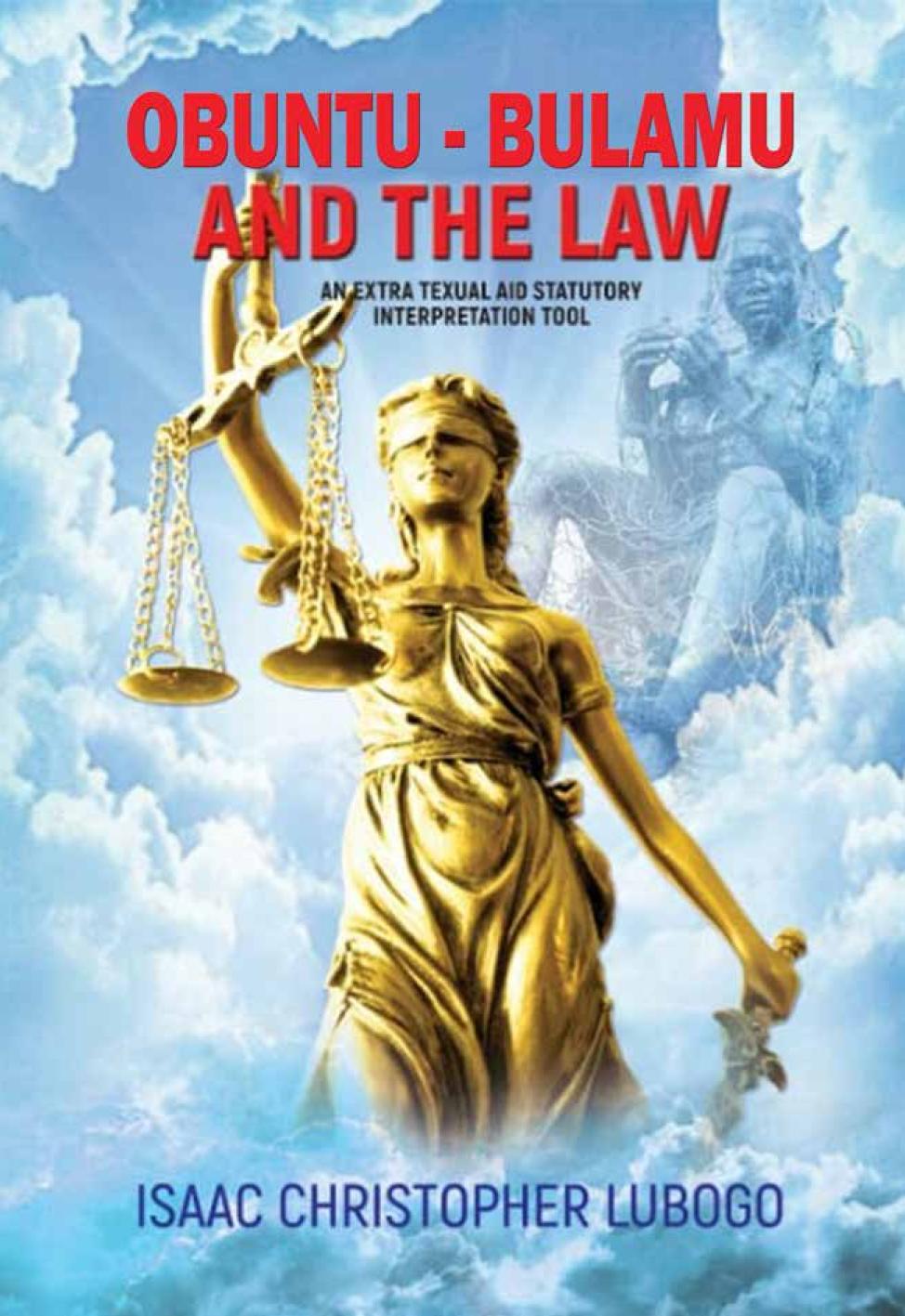
Obuntu- Bulamu and the law: An extra textual aid statutory interpretation tool PDF
378 Pages·2020·4.7843 MB·other
Most books are stored in the elastic cloud where traffic is expensive. For this reason, we have a limit on daily download.
Preview Obuntu- Bulamu and the law: An extra textual aid statutory interpretation tool
Description:
This is the first comprehensive book to address the relationship of Obuntubulamu to law in Uganda. It also provides the most important critical information
on the use of Obuntu-bulamu, by the judiciary in Uganda. Although Obuntubulamu is an ideal or value rooted in Africa, its purchase as a per formative ethic of the human goes beyond its roots in African languages. Indeed, this book helps break through some of the stale antinomies in the discussions of cultures and rights, since both the courts and the critical essays discuss Obuntu-bulamu as not simply an indigenous or even African ideal but one that is its own terms calls for universal justification. The efforts of Courts to take seriously competing ideals of law and justice has led to original constitutionalism and law more generally. Obuntu-bulamu, then, as it is addressed as an activist ethic of virtue and then translated into law, helps to expand the thinking of a modern legal system’s commitment to universality by deepening discussions of what inclusion and
equality actually mean in a postcolonial country. Since Obuntu-bulamu claims to have universal purchase, its importance as a way of thinking about law and justice should not be limited to a few which has greatly incorporated the same, it but becomes important in any human rights discourse that is not limitedly rooted in Western European ideals. Thus, this book will be a crucial resource for anyone who is seriously grappling with human rights, postcolonial constitutionalism, and competing visions of the relations between law and justice.
This book will (attempt to) demonstrate the irony that the absence of the values of Obuntu-bulamu in society that people often lament about and attribute to the existence of the Constitution with its demands for respect for human rights when crime becomes rife, are the very same values that the Constitution in general and the Bill of Rights in particular aim to inculcate in our society. Furthermore, the new call for an African renaissance that has now become topical globally, I would like to demonstrate the potential that traditional African values of Obuntu-bulamu have for influencing the development of a new Ugandan law and jurisprudence. I would like you to view this presentation as a contribution to the early debates on the revival of African jurisprudence as part of the total or broader process of the African renaissance.
on the use of Obuntu-bulamu, by the judiciary in Uganda. Although Obuntubulamu is an ideal or value rooted in Africa, its purchase as a per formative ethic of the human goes beyond its roots in African languages. Indeed, this book helps break through some of the stale antinomies in the discussions of cultures and rights, since both the courts and the critical essays discuss Obuntu-bulamu as not simply an indigenous or even African ideal but one that is its own terms calls for universal justification. The efforts of Courts to take seriously competing ideals of law and justice has led to original constitutionalism and law more generally. Obuntu-bulamu, then, as it is addressed as an activist ethic of virtue and then translated into law, helps to expand the thinking of a modern legal system’s commitment to universality by deepening discussions of what inclusion and
equality actually mean in a postcolonial country. Since Obuntu-bulamu claims to have universal purchase, its importance as a way of thinking about law and justice should not be limited to a few which has greatly incorporated the same, it but becomes important in any human rights discourse that is not limitedly rooted in Western European ideals. Thus, this book will be a crucial resource for anyone who is seriously grappling with human rights, postcolonial constitutionalism, and competing visions of the relations between law and justice.
This book will (attempt to) demonstrate the irony that the absence of the values of Obuntu-bulamu in society that people often lament about and attribute to the existence of the Constitution with its demands for respect for human rights when crime becomes rife, are the very same values that the Constitution in general and the Bill of Rights in particular aim to inculcate in our society. Furthermore, the new call for an African renaissance that has now become topical globally, I would like to demonstrate the potential that traditional African values of Obuntu-bulamu have for influencing the development of a new Ugandan law and jurisprudence. I would like you to view this presentation as a contribution to the early debates on the revival of African jurisprudence as part of the total or broader process of the African renaissance.
See more
The list of books you might like
Most books are stored in the elastic cloud where traffic is expensive. For this reason, we have a limit on daily download.
